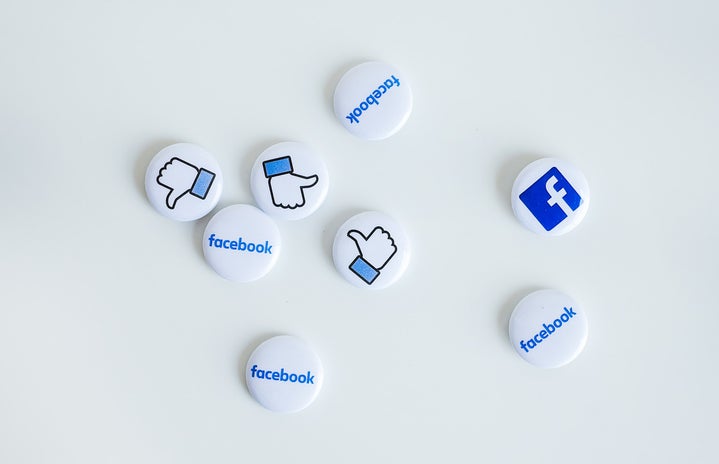We should be skeptical of the things we see on social media. Politicians, influencers, and celebrities all seemingly have large followings of people who want to know what’s going on with their lives, but how many of these followers are truly “natural”.
Companies like Devumi sell “natural” or “organic” followers to individuals looking to quickly grow their online following on platforms like Twitter and Instagram. Devumi claims that these are accounts with real people behind them to help boost engagement on social media posts specifically targeted at people who are “selling products, services or themselves on social media”. These followers cost less than 2 cents each allowing individuals to purchase hundreds if not thousands of followers for a “small” price. “Influencers” will purchase these followers to make themselves look better because the larger following they have, the more money they are able to make.
You no longer have to go viral or become famous to have a large following, you can simply buy the followers. Numerous politicians and celebrities have been exposed for paying thousands of dollars to up their follower count and increase their following to follower ratio. Many companies aren’t just looking for celebrity endorsements, they are looking for “influencers” with large followings. They may not be recognizable, but with a large follower count they have the power to “influence”. Unfortunately the ability to buy followers isn’t as good as it seems.
When looking closer at many of the accounts Devumi claim to be “active”, the accounts are actually just replicas of people’s real accounts and they have no idea a doppelganger exists. These accounts are called “bots” and are able to like, share, tweet, and retweet as if they were real. These bots are leaving many media platforms unsure of how to move forward and deal with this or just continue to ignore. We learn and talk about (mis)representations online, as well as reputations online, and both these topics are front runners of what to do when dealing with bots. Influential people are using these kinds of programs and claim that their following is a real, as well as an example of a “real following” which has been shown to be completely falsified.



